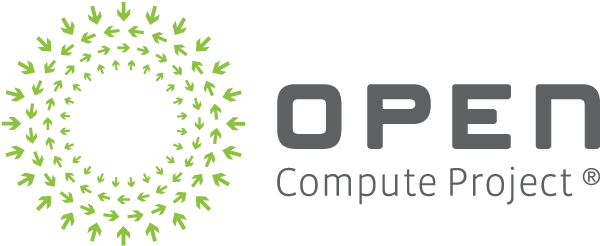History of the OCP Sustainability Initaive
History of the OCP Sustainability Project[edit]
The Open Compute Project (OCP) Sustainability Project traces its origins to a proposal introduced on December 3, 2020, as part of the organization's strategic initiatives for the year 2021. At the time, Dharmesh Jani (DJ) of Meta Inc, who also served as the OCP Incubation Committee (IC) Co-chair, presented the idea of incorporating sustainability as a core principle within the Open Compute Project. The proposal was met with unanimous support from the incubation committee and the volunteer leadership of OCP, and sustainability was prioritized as the top initiative among the 14 proposals under consideration.
Formation of the Core Team and Workstreams[edit]
To spearhead the sustainability efforts, a core team was established in 2021, focusing on key areas such as Circularity and Life Cycle Assessment (LCA). The Sustainability Initiative Leadership for 2021 was composed of Dharmesh Jani (DJ), Jordan Tse from Meta, John Miranda from Intel, and Fahmida Bangert from IT Renew. In the initial months of 2021, the team worked diligently to develop two primary workstreams that generated substantial interest within the OCP community:
Metrics Development and Life Cycle Assessment (LCA): Under the leadership of Jordan Tse (Meta), this workstream concentrated on defining methodologies for assessing the environmental impact throughout the life cycle of certified OCP components, systems, and devices. The objective was to publish relevant metrics and methodologies aimed at improving the design, development, and deployment of sustainable data center infrastructure while reducing carbon footprint with each new generation.
Lifecycle Systems and Components: Led by John Miranda (Intel) and Fahmida Bangert (IT Renew), this workstream sought to identify industry best practices that promote reusability and circularity. The team explored key elements of system and component design, emphasizing the importance of consumption at the highest level and maximizing reusability.
Engagement and Expansion[edit]
The core team actively engaged with 11 top-level OCP projects, each of which embraced the sustainability initiative and pursued various efforts such as modular systems, circularity design, data center facilities sustainability, immersion and liquid cooling, and heat reuse.
In the second half of 2021, Dharmesh Jani (DJ) proposed the incorporation of Sustainability as the fifth tenet of OCP, building upon the original four tenets of Open, Scale, Impact, and Efficiency that were established during the inception of OCP in 2011. Following significant progress in 2021 and 2022, Sustainability became the 12th top-level project in October 2022 and was announced at the 12th OCP Global Summit held in San Jose on October 18, 2022. This marked a milestone in OCP's dedication to promoting sustainable practices within the organization.
Mission:[edit]
The data center industry is at the forefront of ever increasing power usage and greenhouse gas emissions in an age when climate change impacts are hard to ignore. OCP Sustainability is working to enable progress towards industry goals by addressing unique challenges and opportunities presented within the Open Compute Project ecosystem. Leveraging the expertise of the OCP community, we offer an open framework and resources for OCP members and data center industry – vendors, suppliers, and end users - to deploy industry best practices that promotes reusability and circularity.
Goals:[edit]
Identify key steps in system and component design that require reimagination to promote reusability and circularity. Deliver roadmap to increase standardization of calculation, measurement, and disclosure of metrics across the IT product and data center life cycle. Publish (how-to) guidelines to offer frameworks for a supply-side resource consumption and implications on our common value chain Develop OCP-certified design and sourcing practices and creating circular operating modes.
Scope of Work:[edit]
- Mission: The primary mission of this workstream is to identify industry best practices that can be shared across vendors, suppliers as well as end user behavior that promotes re-usability and circularity. With a focus to understand and explain circularity from technical and operational point of view, the workstream is investigating key elements in system and component design, and how to design with reusability in mind.
Sustainability Initiative Leadership[edit]
- -Dharmesh Jani (Meta, OCP IC Co-chair)
Call Calendar:[edit]
These meetings are recorded via audio and video. By participating you consent that these recordings may be made publicly available. Any presentation materials, proposals and meeting minutes are published on the respective project's wiki page and are open to the public in accordance to OCP's Bylaws and IP Policy. This can be found at http://opencompute.org/about/ocp-policies/. If you have any questions, please contact OCP.
The General Sustainability Project meets every second Wednesday of the month, and alternates between 8:00-9:30 Pacific time and 17:00-18:30 Pacific time.
Please join my meeting from your computer, tablet or smartphone.
